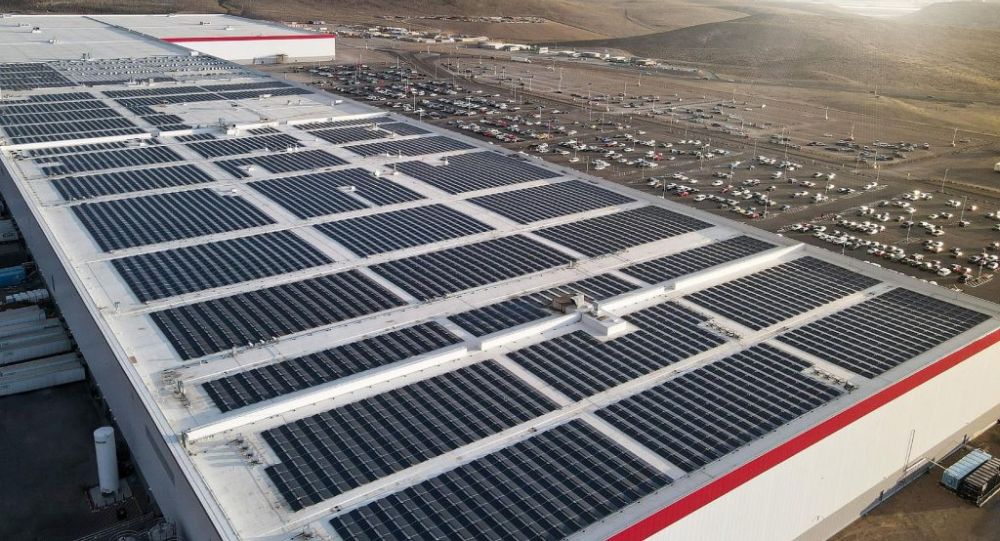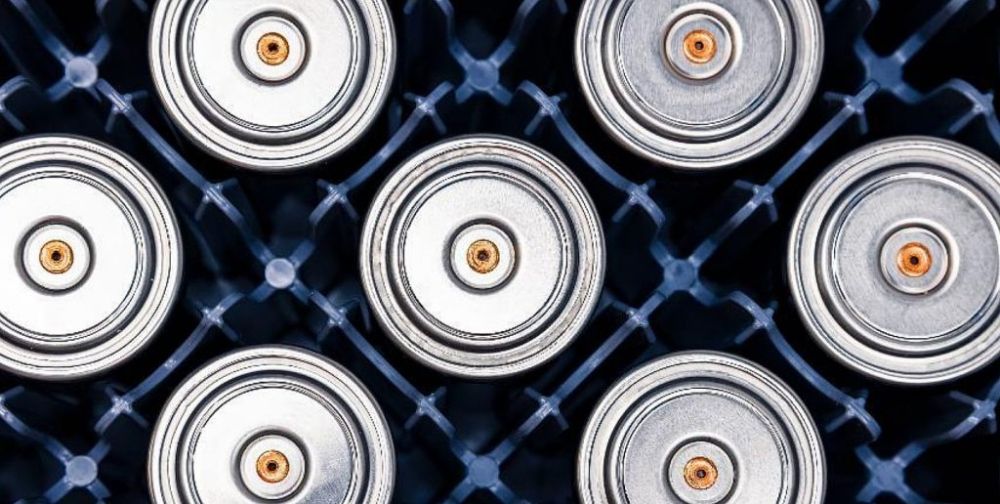Tesla Vows to 100 Percent Recycling of Scrapped Batteries
Batteries consist of highly toxic chemicals which consequently harm the environment as they contain heavy metals. To end this, Tesla has established an internal ecosystem to recycle scrapped batteries in its Tesla Service Centers.
Tesla confirms that 100 percent of its scrapped batteries are recycled and zero percent end up in the landfills.

Image: Tesla
Some anti-EV groups claimed that batteries can’t be recycled but Tesla confirms the possibility of battery recycling to be factual and quashed the former claims in its 2020 Impact Report.
Tesla explained;
Our goal is to develop a safe recycling process with high recovery rates, low costs and low environmental impact. From an economic perspective, we expect to recognize significant savings over the long term as the costs associated with large-scale battery material recovery and recycling will be far lower than purchasing additional raw materials for cell manufacturing.
Tesla in fact, over the years, has ensured that most of its batteries would not end up in a landfill. Apparently, they usually receive batteries from Research and Development (R&D) and Quality Control (QC) to recycle.
Also Read: Tesla Solar Roof vs Ordinary Solar Panels – Worth the Investment?
Batteries deployed in vehicles like the Model S and products like the Powerwall still work fine with this method. The company eventually aims to achieve a closed-loop system to have minimal impact on the already deteriorating environment.

Image: Tesla
When Tesla says that they’re recycling 100% of their batteries, it means that they are sending the batteries off to someone who’s recycling them, recovering the material, and then who knows where that material is going
Kyle Wiens, the CEO of iFixit, told Motherboard.
Tesla mostly implements battery recycling efforts in factories like Gigafactory Berlin and Gigafactory Texas to maximize its cost-effectiveness.
This 100 percent recycling solution for Lithium-ion (Li-ion) batteries as claimed by Tesla would eventually reduce the carbon footprint of the production of these batteries.
Till now, the recycling of lithium-ion batteries has been quite inefficient as the extraction of lithium from old batteries is far more expensive than the mined lithium. Sometimes it could be dangerous too as it contains flammable electrolytes that can leads to explosions if not handled properly.
Via: Teslarati


